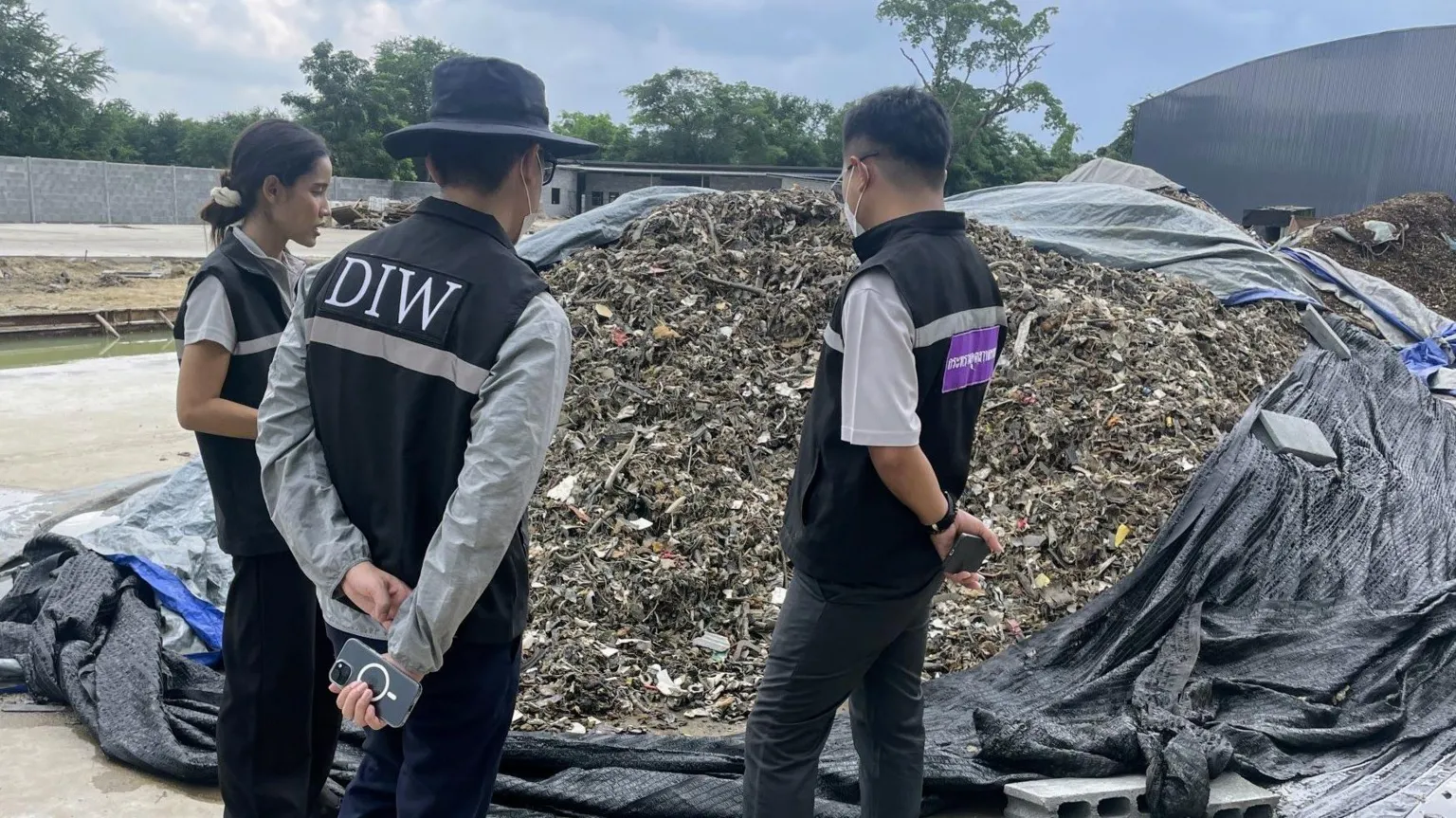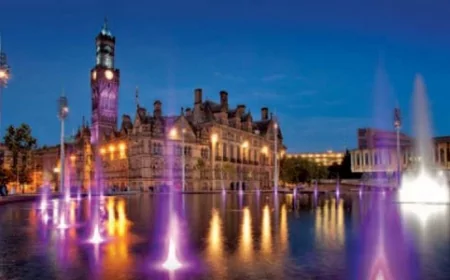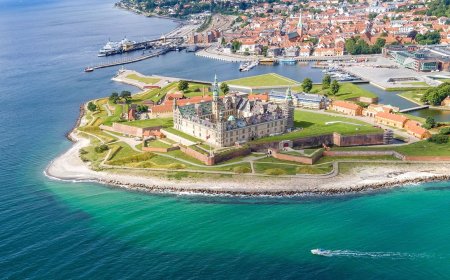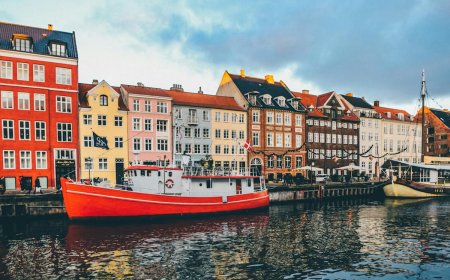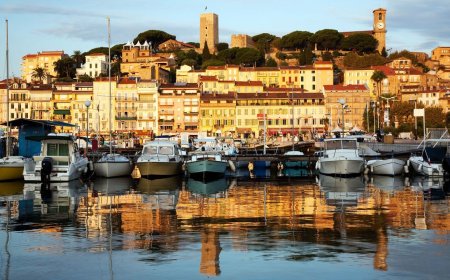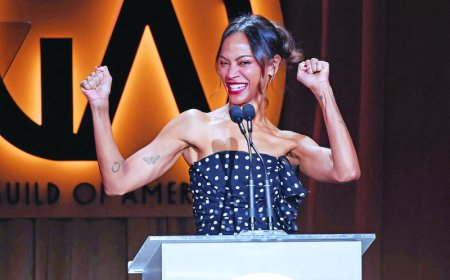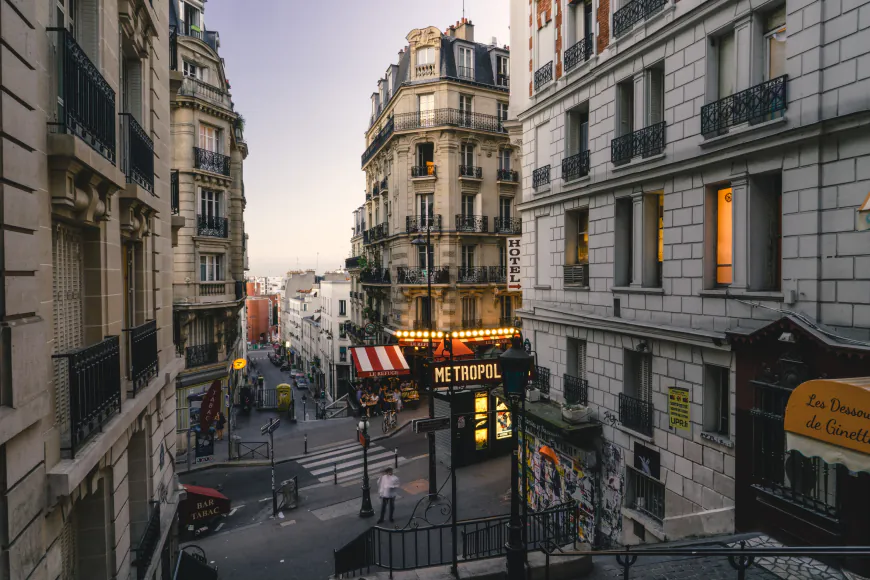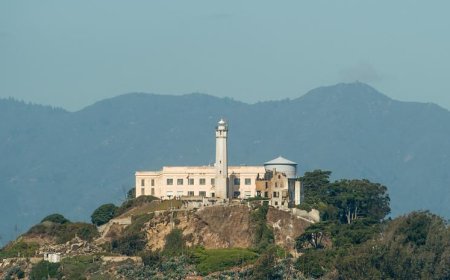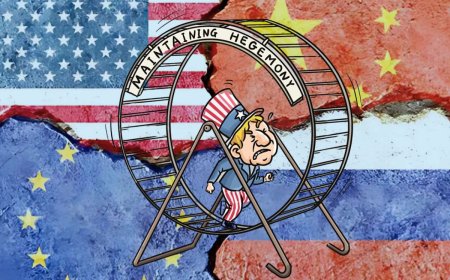BRICS endorse reform of UN Security Council
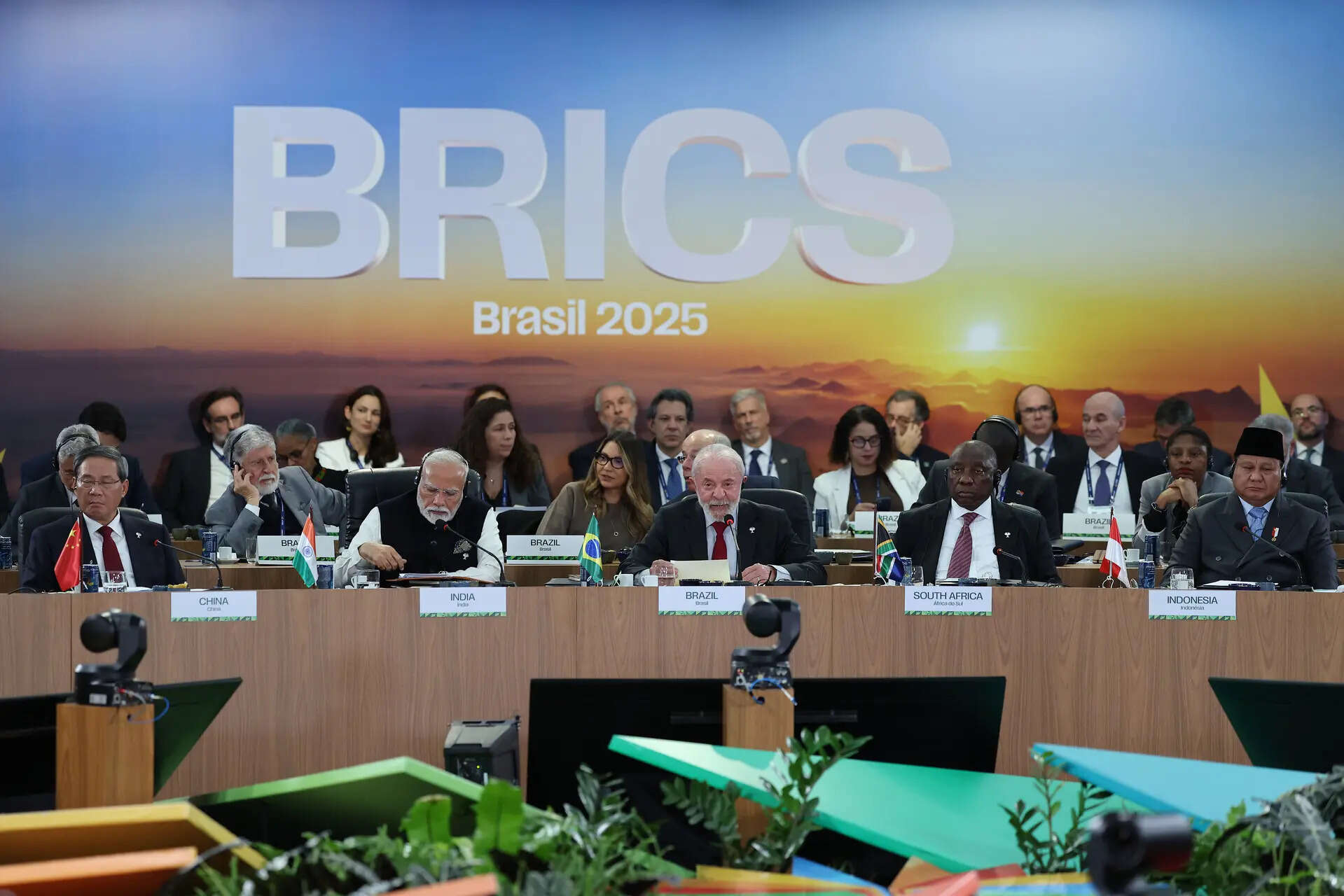
Rio de Janeiro, Brazil, Jul 6 (EFE). – BRICS countries overcame their disagreements and reached a consensus on Sunday at the leaders’ summit in Rio de Janeiro to endorse the proposal to reform the UN Security Council.
The Brazilian proposal for emerging countries to have permanent seats on the council was included in the final declaration.
“We reiterate our support for a comprehensive reform of the United Nations, including its Security Council, with a view to making it more democratic, representative, effective and efficient, and to increase the representation of developing countries in the Council’s membership,” the document states.
The issue on a seat on the Security Council, which had been the point of contention since the group’s foreign ministers met in April, was resolved when Russia and China, called in the final declaration, for Brazil and India to play a greater role in global and UN decisions, especially in the Security Council.
However, they refrained from including South Africa due to disagreements expressed by Egypt and Ethiopia.
The latter two nations are leading a joint position on Security Council reform, but they reject the idea that only one African country should receive preferential treatment.
According to experts consulted by EFE, the result was better than anticipated, as a more generalized pronouncement on the issue had been expected.
Additionally, it represents an endorsement for Brazil, which has historically advocated for reforming the Council’s structure, arguing that the current model does not reflect the 21st-century geopolitical landscape.
The reform of the UN and its Security Council was highlighted by the President of Brazil, Luiz Inácio Lula da Silva, at the opening of the summit, when he warned that continuing to postpone the issue contributes to growing global instability and leaves the world “more unstable and dangerous”.
According to the president, maintaining an “archaic and exclusive” mechanism prevents the serious crises affecting humanity from being addressed.
In the same vein, the Prime Minister of India, Narendra Modi, said that the world needs “the world needs a new multipolar and inclusive world order” that must “start with comprehensive reforms in global institutions.”
The difficulties in reaching a BRICS consensus on the reform of the main UN mechanism reflected socio-political and economic contrasts within forum, which gained greater complexity after its expansion.
The group was founded by Brazil, Russia, India, China, later joined by South Africa, and since last year has six new full members: Egypt, Iran, United Arab Emirates, Ethiopia, Saudi Arabia, and Indonesia. EFE
mat/mcd
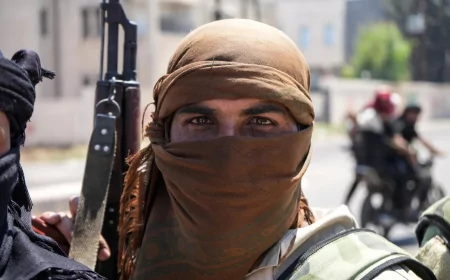
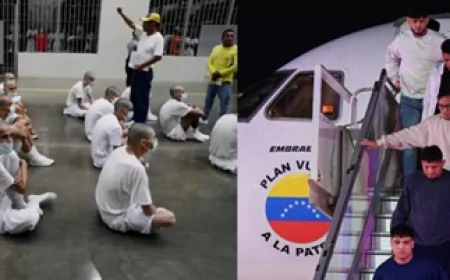
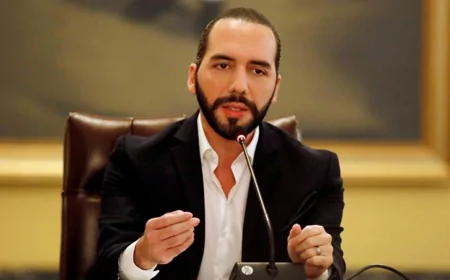

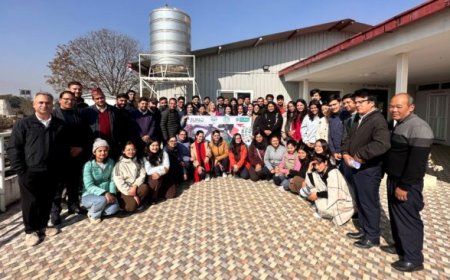

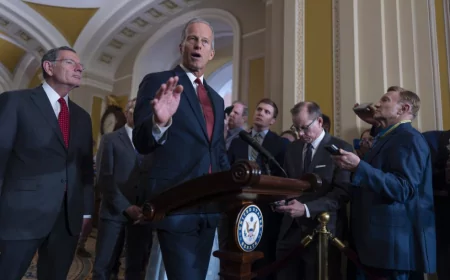
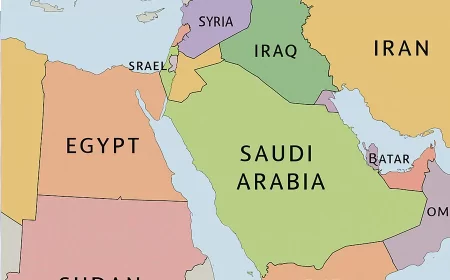
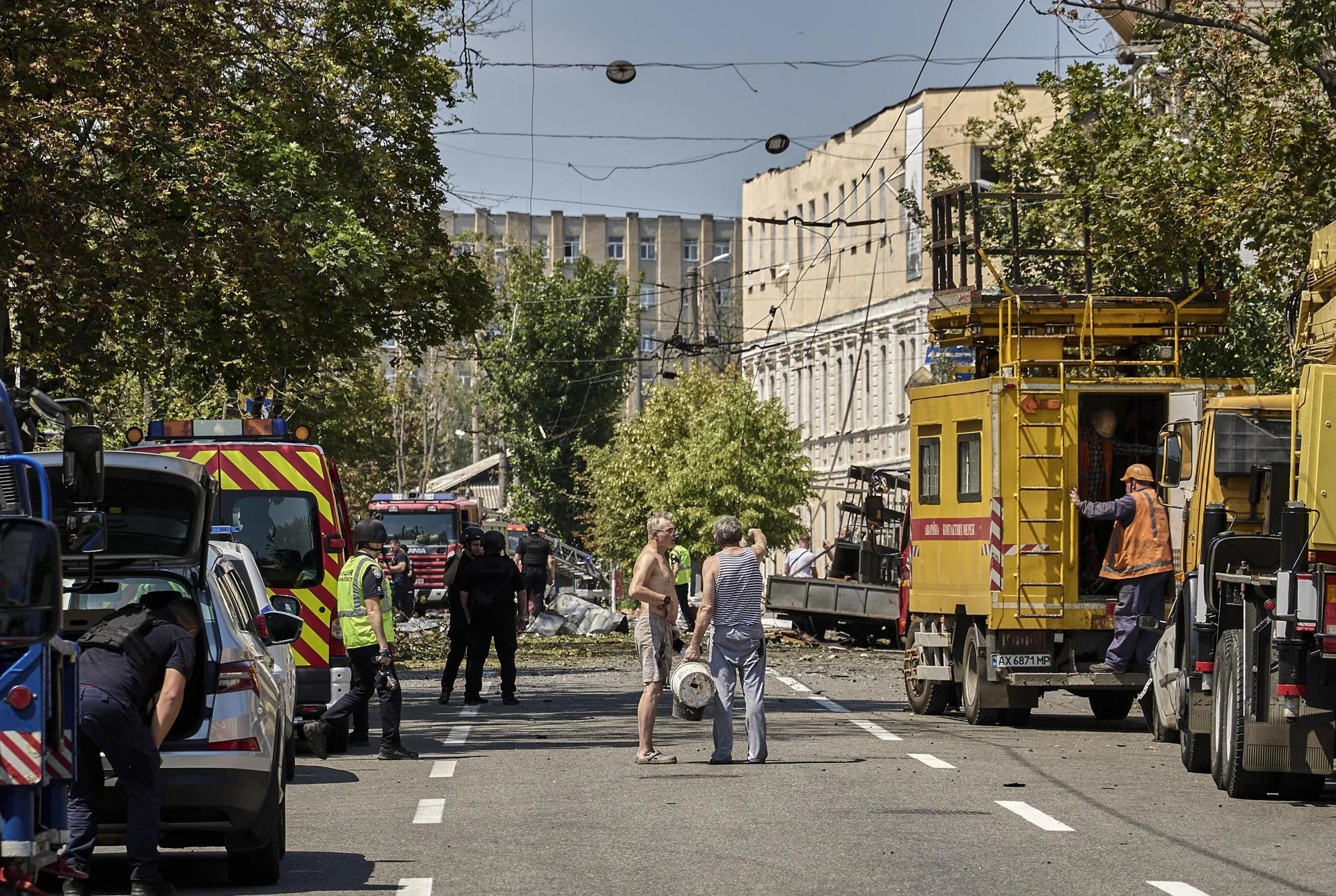
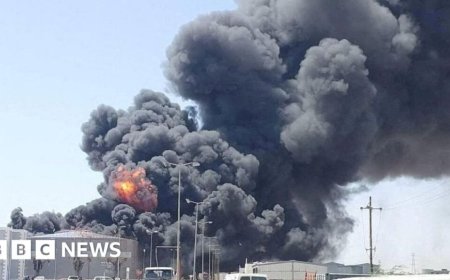
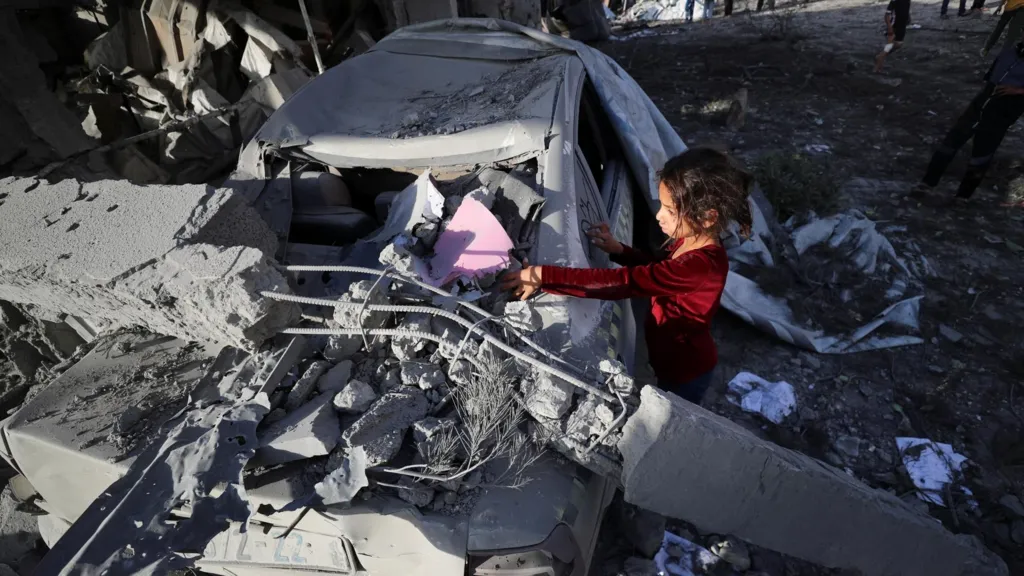

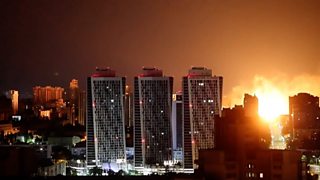
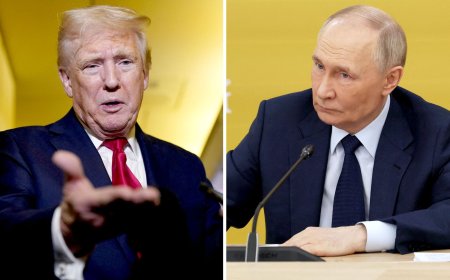
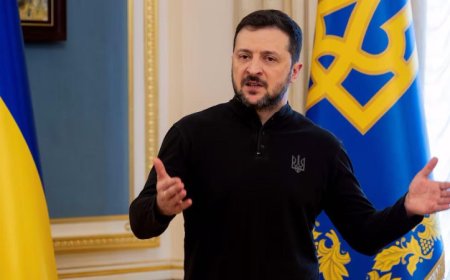
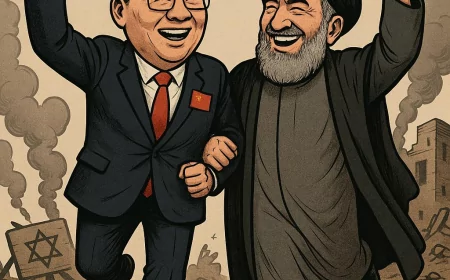
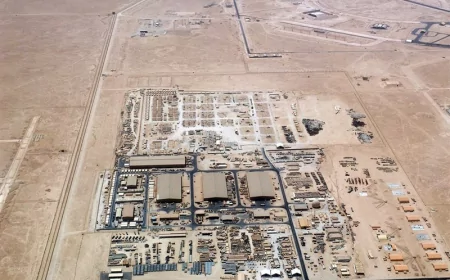
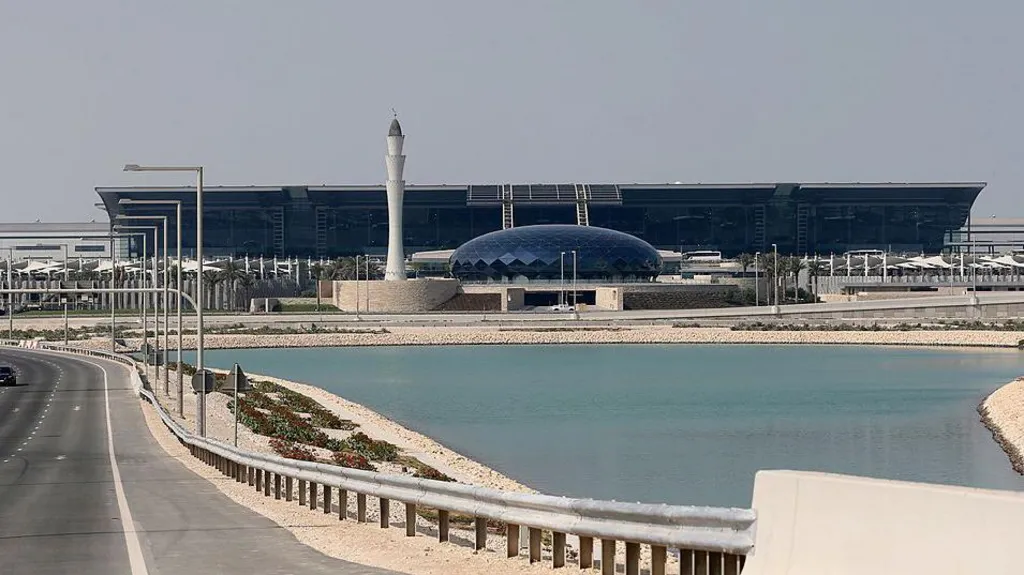
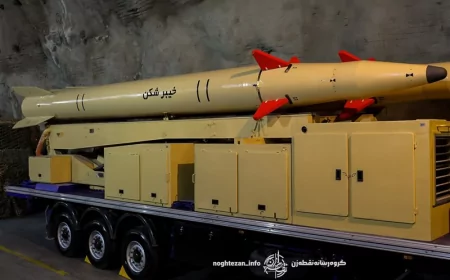

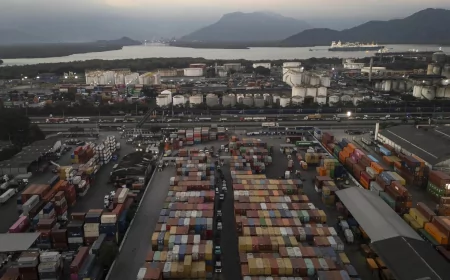

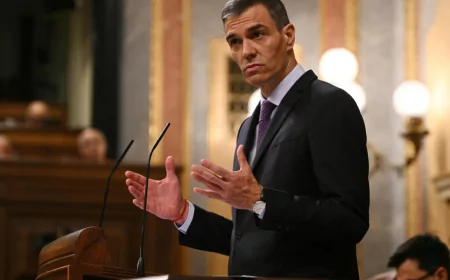

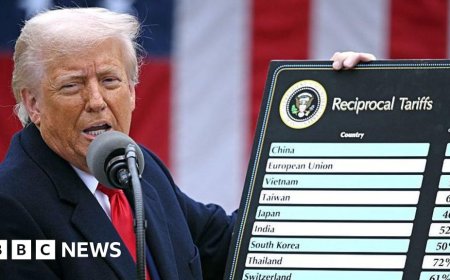
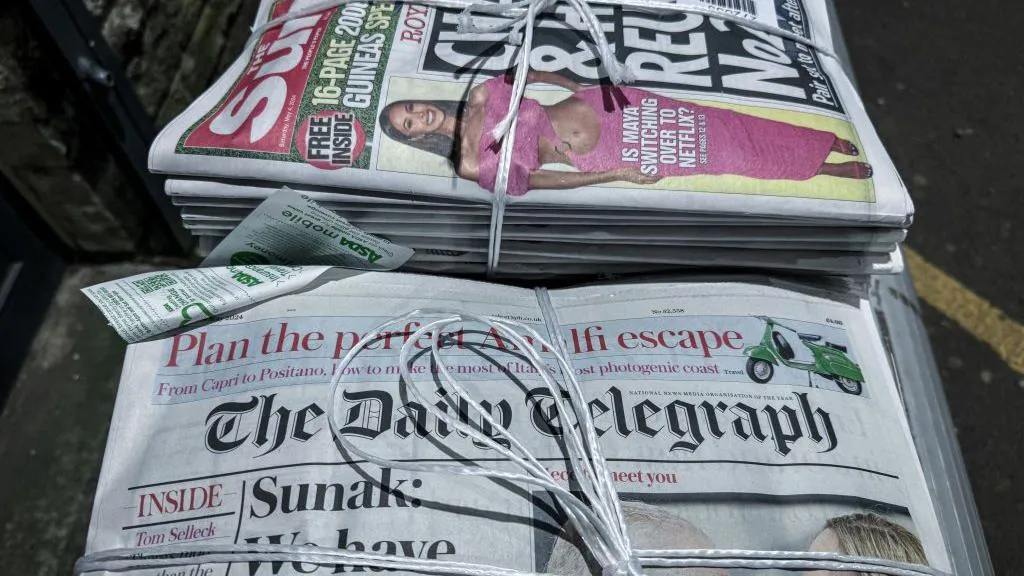
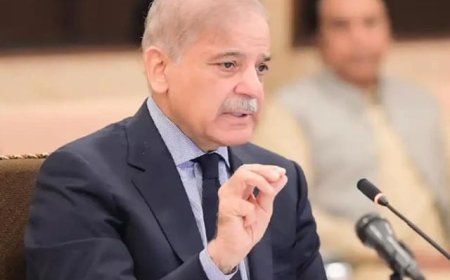







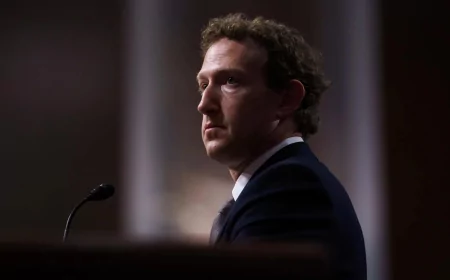

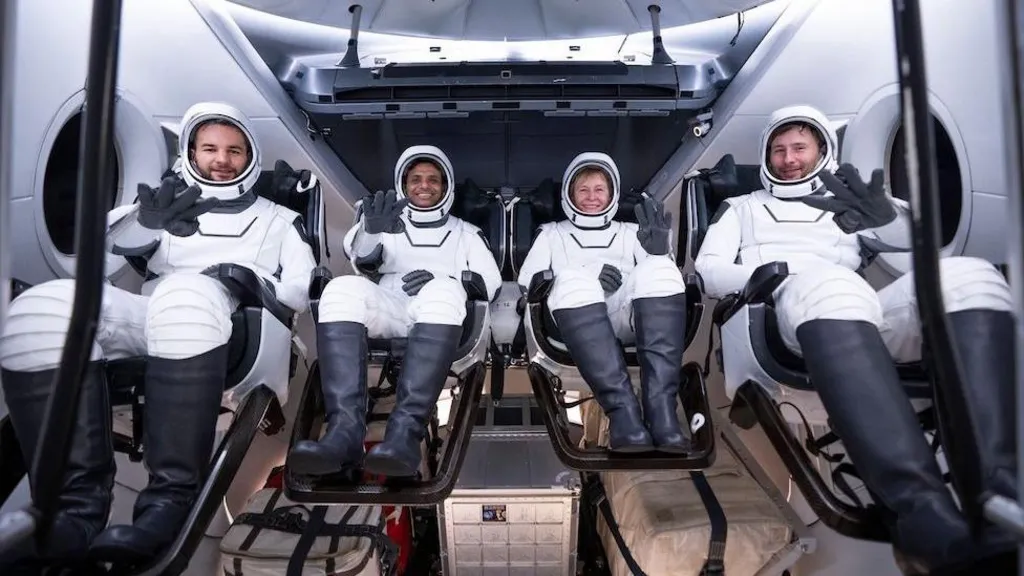

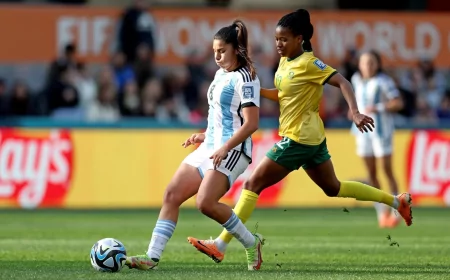

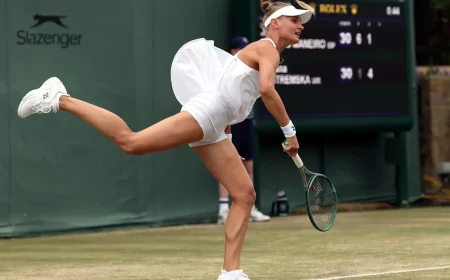
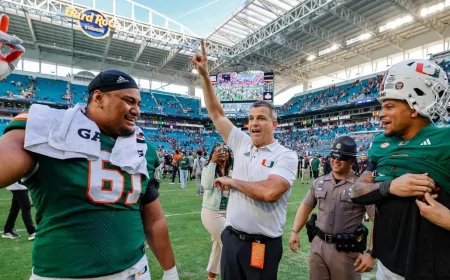
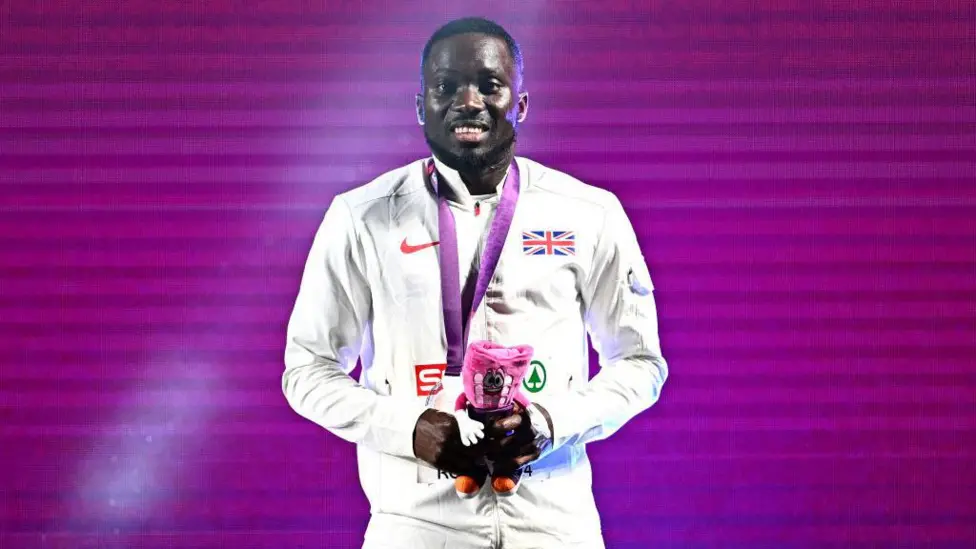
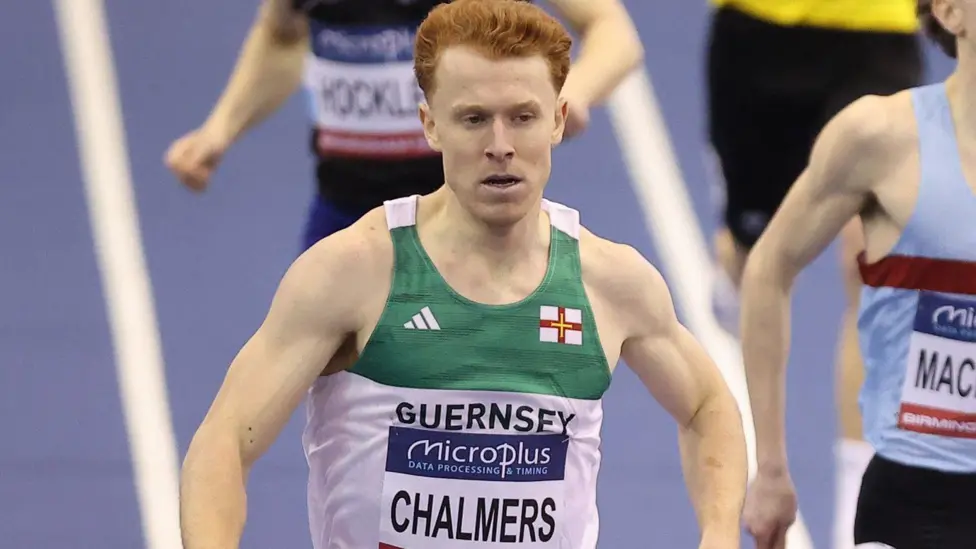
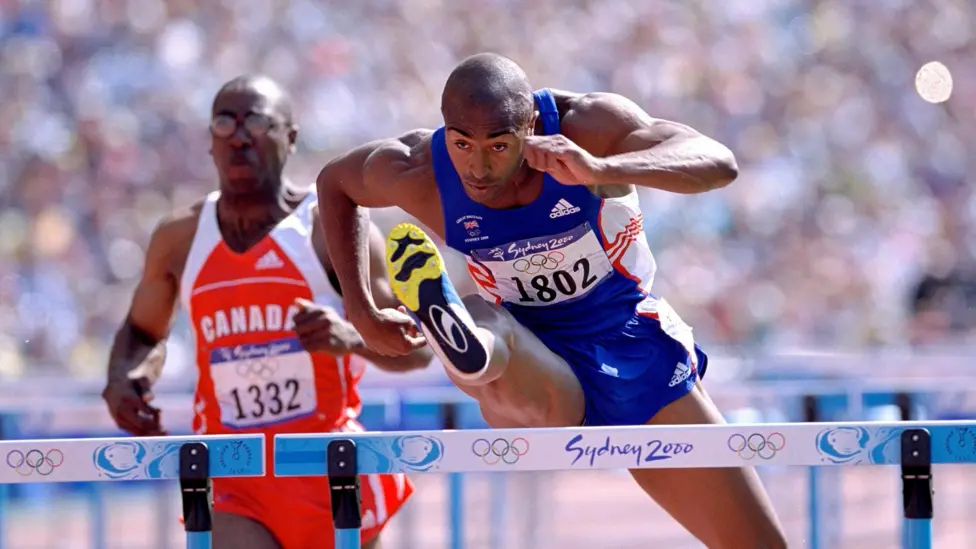
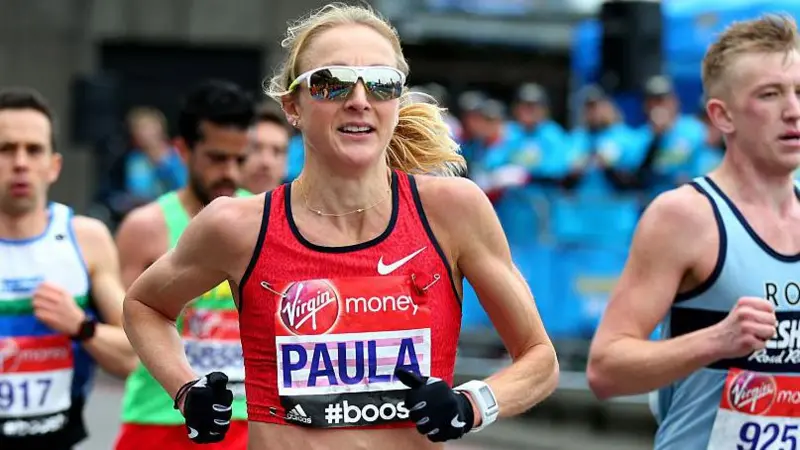
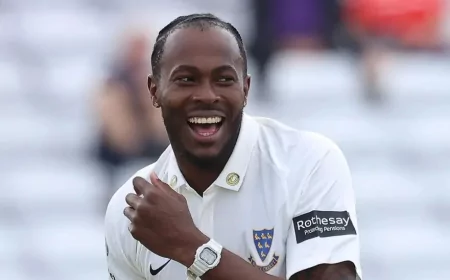

:format(webp)/cdn.vox-cdn.com/uploads/chorus_image/image/73776247/1227541383.0.png)

